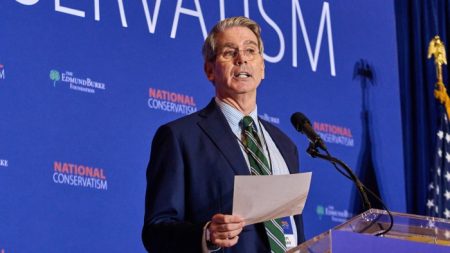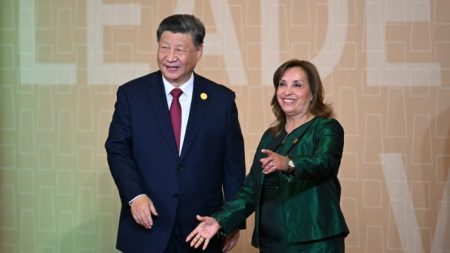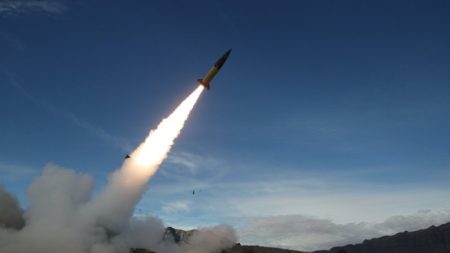Unlock the Editor’s Digest for free
Roula Khalaf, Editor of the FT, selects her favourite stories in this weekly newsletter.
An Australian soldier and her husband have been charged with spying for Russia in the country’s first case under anti-espionage laws that were revised six years ago to strengthen penalties and identify foreign agents.
Kira Korolev, 40, and her husband Igor Korolev, 62, were arrested at their home in Brisbane on Thursday. Australian Federal Police said the couple, who are Russian-born Australian citizens, obtained defence-related material to share with Russian authorities.
Australian media reported that the pair were remanded into custody until September 20 following a magistrates’ court hearing on Friday morning. They did not enter a plea.
Police alleged that the soldier took long-term leave to visit Russia and instructed her husband, who remained in Australia, how to log in to her military account and email to extract information.
AFP commissioner Reece Kershaw said in a news conference announcing the arrests that the soldier’s Australian Defence Force credentials were “used on a number of occasions to access sensitive ADF information, with the intent to provide it to Russian authorities”.
He said police were continuing to investigate whether that information was provided to Russian authorities.
Australia’s defence department said the soldier had been suspended.
The case is the first under anti-espionage laws introduced in 2018 that carry a maximum penalty of 15 years’ imprisonment, police said. The legislation created new espionage offences, introduced tougher penalties and established a register of foreign political agents.
The laws were designed to create a transparency scheme similar to the US Foreign Agents Registration Act, which requires lobbyists to declare whether they are acting on behalf of a foreign government.
Prime Minister Anthony Albanese said he had been briefed by Kershaw and Australian security agencies on the case.
Speaking in Brisbane on Friday, he said the arrests reflected “uncertain times”, adding: “People will be held to account who interfere with our national interests, and that’s precisely what these arrests represent.”
“Espionage is real,” Australian Security Intelligence Organisation director-general Mike Burgess said in a statement on the arrests. “Multiple countries are seeking to steal Australia’s secrets.”
The arrests came days after Australia, backed by allies including the US, UK, Germany and Japan, accused a Chinese state-backed hacking group of targeting the country’s government and private sector networks. Australia is part of the Five Eyes intelligence alliance, along with the US, UK, Canada and New Zealand.
In February, the country’s intelligence agency said an unnamed former politician had “sold out” the country to an “aggressive and experienced” foreign espionage unit.
Read the full article here












